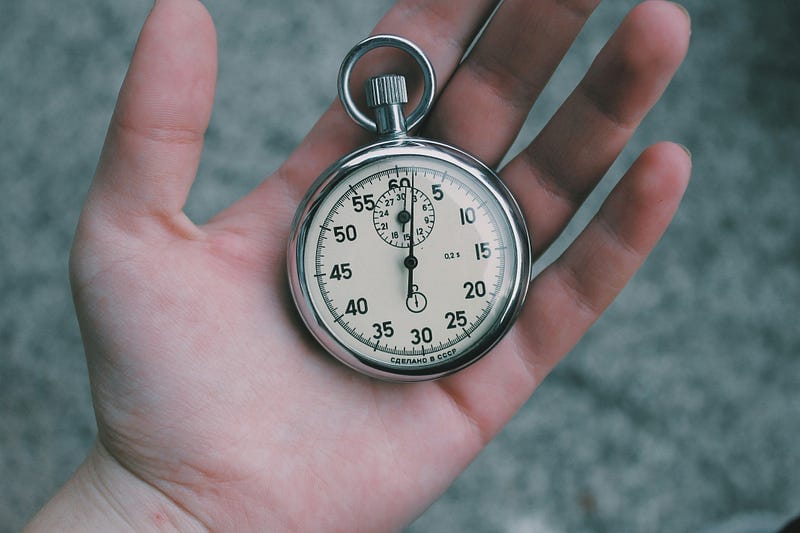5 Must-Know Python Performance Tips I Wish I Learned Sooner!
Discover five game-changing performance tips to speed up your Python code.

Write faster Python, effortlessly!
5 Must-Know Python Performance Tips I Wish I Learned Sooner!
Hey Everyone! Python is very powerful programming language, but if you are not careful, it can slow down your code performance.
Over the years, I’ve learned some game-changing optimization tricks that every Python developer should know.
Let’s dive into 5 must-know performance tips that will speed up your Python programs dramatically!

1. Avoid Using Global Variables Inside Functions
Python caches local variables, making them much faster to access than global variables. If you frequently access a global variable inside a function, it can slow down execution.
Bad Practice using global variable inside function :
num = 10 # Global variable
def multiply(n):
return n * num # Slower access due to global lookupGood Practice to use local variable inside function :
def multiply(n, num=10): # Pass as argument (faster)
return n * numThe Local variables are stored in the function’s stack, that’s why it is fast to access. Where as Global lookups require an extra step that’s why frequently access it can slow down the execution.
2. Use numpy for Faster Mathematical Computations
If you’re performing heavy numerical calculations, Python’s built-in lists are slow. Instead, use numpy, which is optimized for vectorized operations.
Bad Practice using regular list :
nums = list(range(1000000))
squared = [x ** 2 for x in nums] # Slower executionGood Practice using numpy for performing heavy calculations :
import numpy as np
nums = np.arange(1000000) # NumPy array
squared = nums ** 2 # Super fast!3. Use is Instead of == for Comparing Singletons
In Python, is compares object identities (memory addresses), whereas == compares values. When checking for singletons like None, True, or False, use is instead of == for better performance.
Bad Practice using == to compares values :
value = None
if value == None: # Not Pythonic
print("Value is None")Good Practice using is to compares values :
value = None
if value is None: # Faster check
print("Value is None")is compares memory addresses directly instead of values an Avoids calling the __eq__() method internally.
4. Use array Instead of Lists for Large Numeric Data
Python lists store elements as pointers, which makes them slower for numerical operations. If you’re working with large arrays of numbers, use the array module instead.
Bad Practice using List :
nums = [1, 2, 3, 4, 5] # Uses more memoryGood Practice using Array for faster and more memory efficient :
import array
nums = array.array("i", [1, 2, 3, 4, 5]) # Uses less memory & is fasterIt Stores elements directly in memory instead of pointers and Uses less memory and speeds up numeric operations.
5. Use slots to Speed Up Class Instances
By default, Python uses a dictionary (__dict__) to store object attributes, which takes up memory. Using __slots__ reduces memory usage and speeds up attribute access.
Bad Practice using Regular class :
class Person:
def __init__(self, name, age):
self.name = name
self.age = age
a = Person("Aashish", 25)
print(a.name)Good Practice using __slots__ for faster and memory efficient :
class Person:
__slots__ = ["name", "age"] # Limits attributes (removes `__dict__` overhead)
def __init__(self, name, age):
self.name = name
self.age = age
a = Person("Aashish", 25)
print(a.name)By Overriding Python’s default attribute dictionary (__dict__) uses less memory & speeds up attribute access.
Final Thoughts
These 5 performance tips can significantly improve my Python code’s speed and efficiency.
Which tip did you find the most useful? Let me know in the comments! 🚀






